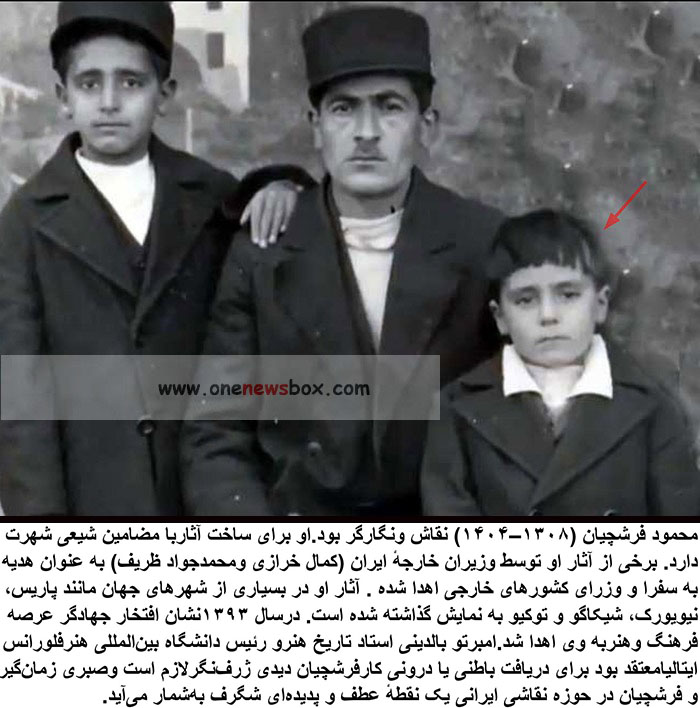Mahmoud Farshchian (February 22, 1929 – August 18, 1404) was one of the most celebrated Iranian painters and illustrators of the 20th and early 21st centuries. Renowned for his distinctive fusion of Persian miniature traditions with modern artistic techniques, he created a school of art that was both deeply rooted in the classical heritage of Iran and open to innovation. His works, often inspired by Shiite themes, Persian poetry, and religious narratives from the Quran, Christian Gospels, and Jewish scriptures, carry a visual language that is instantly recognizable for its flowing forms, dynamic compositions, and luminous colors.
Over the course of his career, Farshchian’s paintings were not only exhibited in major cities across the globe—including Paris, New York, Chicago, Tokyo, and many others—but were also used as cultural ambassadors. Some of his works were presented as diplomatic gifts to ambassadors and foreign ministers by Iranian foreign ministers Kamal Kharrazi and Mohammad Javad Zarif, a gesture that underscored the role of art in fostering cross-cultural dialogue. In 2014, in recognition of his immense contribution to Iranian art, Farshchian received the Medal of Honor for Jihad in the Field of Culture and Art.

